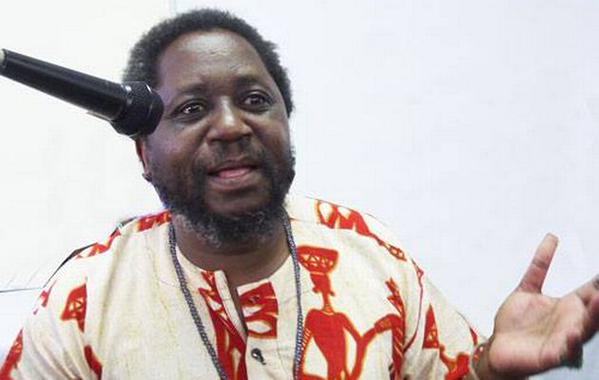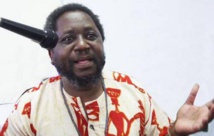The author of four novels, several collections of poetry and essays, Hove was equally at home writing in English and the local ChiShona language.
He was best known for his novel "Bones", which won the 1989 Noma Award for Publishing in Africa.
The novel focused on the disenchantment of ordinary Zimbabwean citizens who saw little improvement in their lives after independence and the introduction of majority rule in 1980.
In 2001 Hove won the German-Afrika Prize for his literary contribution to the freedom of expression.
His works have been translated into several languages including French, German, Japanese, Norwegian, Dutch and Danish.
Hove was fiercely critical of Mugabe, who has been in power since 1980, using a regular local newspaper column to attack the suppression of dissent as well as state corruption and profligacy.
He was also the founder and chairman of Zimbabwe's leading rights group, the Zimbabwe Human Rights Association, and once described Mugabe as "the violent president".
Fearing that his life could be in danger, Hove left Zimbabwe in 2001 with the help of the International Parliament of Writers, who found him temporary residence in France. He later moved to Norway, where he was a guest writer attached to the Stavanger Cultural Centre.
The son of a local chief, Hove was born in Mazvihwa near Zvishavane, in the then Rhodesia. He attended school at Kutama College in Mugabe's home village of Zvimba and at Marist Brothers in Dete.
He trained as a teacher and then took degrees at the University of South Africa and the University of Zimbabwe where he later had a stint as writer-in-residence.
-------------------------------------------------------------------------------------------------------------------
He was best known for his novel "Bones", which won the 1989 Noma Award for Publishing in Africa.
The novel focused on the disenchantment of ordinary Zimbabwean citizens who saw little improvement in their lives after independence and the introduction of majority rule in 1980.
In 2001 Hove won the German-Afrika Prize for his literary contribution to the freedom of expression.
His works have been translated into several languages including French, German, Japanese, Norwegian, Dutch and Danish.
Hove was fiercely critical of Mugabe, who has been in power since 1980, using a regular local newspaper column to attack the suppression of dissent as well as state corruption and profligacy.
He was also the founder and chairman of Zimbabwe's leading rights group, the Zimbabwe Human Rights Association, and once described Mugabe as "the violent president".
Fearing that his life could be in danger, Hove left Zimbabwe in 2001 with the help of the International Parliament of Writers, who found him temporary residence in France. He later moved to Norway, where he was a guest writer attached to the Stavanger Cultural Centre.
The son of a local chief, Hove was born in Mazvihwa near Zvishavane, in the then Rhodesia. He attended school at Kutama College in Mugabe's home village of Zvimba and at Marist Brothers in Dete.
He trained as a teacher and then took degrees at the University of South Africa and the University of Zimbabwe where he later had a stint as writer-in-residence.
-------------------------------------------------------------------------------------------------------------------









 Home
Home Politics
Politics











